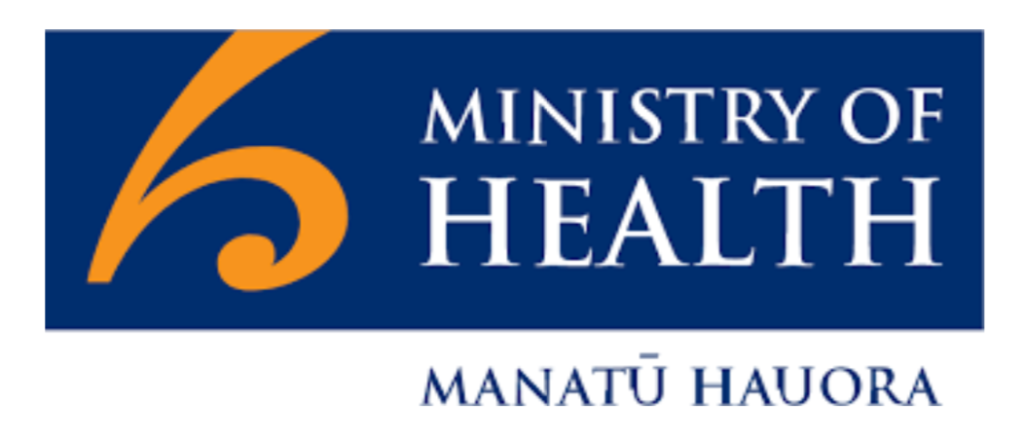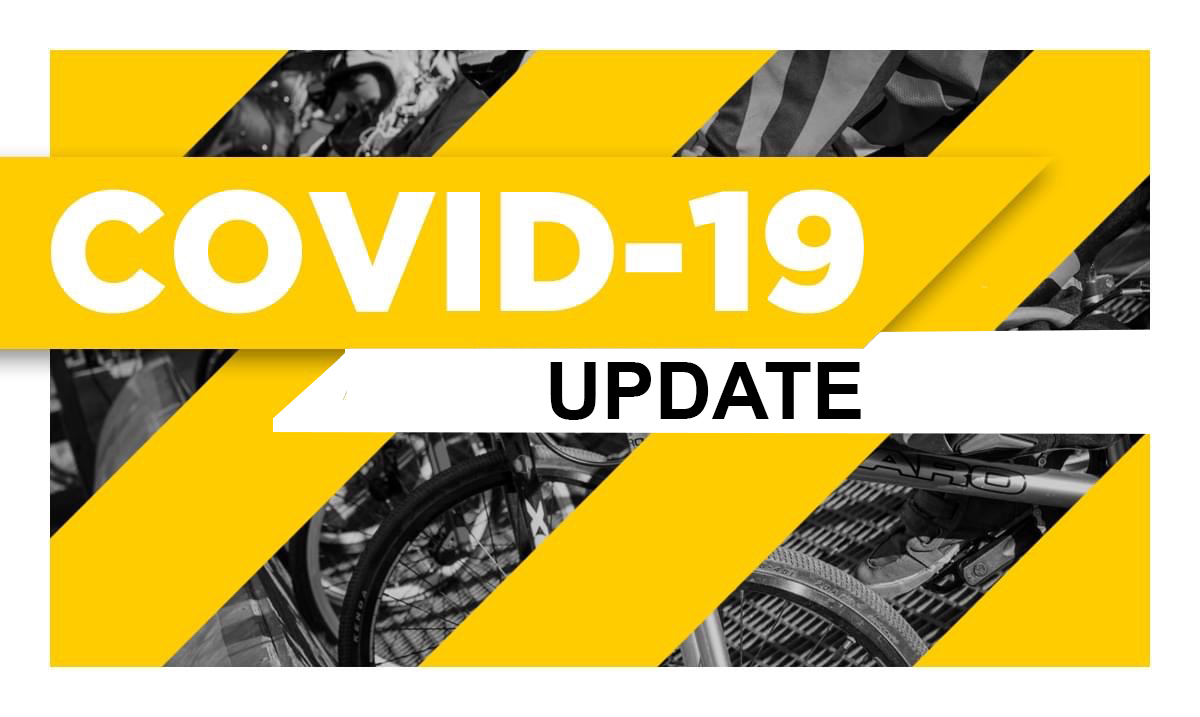COVID-19 – Advice for public events and mass gatherings
The following advice is for people planning, working at or attending public events or mass gatherings where many people are together in one place, at one time for a set period. Examples include concerts, festivals and sports matches. The advice below will also be helpful to those organising conferences, weddings, tangi and other events.
This page was last reviewed 4 March 2020.
Event attendees
At this stage the Ministry of Health does not recommend altering arrangements for public events. However, the situation and our response to it is changing all the time. For the latest advice, keep an eye on this website and check in with the people or organisation in charge of the event you plan to attend.
If you are sick, do not attend public events. Attending public events
The following people should not attend events:
- anyone who is unwell
- anyone arriving in New Zealand who has returned from mainland China, Iran, northern Italy or the Republic of Korea (excluding airport transit), or been in close contact with someone confirmed with COVID-19 in the last 14 days is being asked to self-isolate. Please also register your details with Healthline 0800 358 5453 (or +64 9 358 5453 if using an international SIM) if you have not already.
How to minimise the risk of getting sick at an event
The most important thing to do is practice good hygiene. This means:
- covering coughs and sneezes with disposable tissues or coughing/sneezing into your elbow
- disposing of used tissues appropriately in a bin
- washing hands for at least 20 seconds with soap and water and drying them thoroughly, or using hand sanitiser:
- before eating or handling food
- after using the toilet/after coughing, sneezing, blowing your nose or wiping children’s noses
- after touching public surfaces
- trying to keep a metre away from people who are unwell
- limiting alcohol and drug use (as this may affect your ability to adequately follow the advice above).
The measures above are especially important for people who have existing health conditions, such as those with diabetes, renal failure, chronic lung disease or who are immunocompromised.
Event organisers
How to proceed with large public events
At this stage, the Ministry of Health does not propose altering arrangements for public events. If you are an event organiser, you should focus on:
- reminding the public and event workers not to attend if they are feeling unwell
- reminding the public and event workers not to attend if they have been in mainlandChina, Iran, northern Italy or the Republic of Korea (excluding airport transit) in the past 14 days
- ensuring your emergency management plan is up to date
- briefing your event staff on how to practice good hygiene and making it easy for staff and attendees to practice good hygiene (see below).
How to brief event staff
As always, anyone scheduled to work at a public event should stay home if they feel unwell. Staff should be reminded to always practice good coughing, sneezing and hand hygiene. This includes:
- covering coughs and sneezes with disposable tissues or clothing, or coughing/sneezing into your elbow
- disposing of used tissues appropriately in a bin
- washing hands with soap and water and drying them thoroughly or using handsanitiser:
- before eating or handling food
- after using the toilet
- after coughing, sneezing, blowing your nose or wiping children’s noses
- after caring for sick people.
Food handlers should be extra vigilant with hand hygiene and should not work if they feel unwell.
It is also a good idea to clean surfaces regularly with antiseptic wipes or regular household disinfectant, including bleach solutions.
Health precautions for staff and attendees
- Display signage at the event entry, near toilets and food preparation areas
reminding people to practice good hygiene. A Ministry of Health poster is available to download from our website (see our resources page). - Ensure you have adequate equipment and/or facilities to support good hygiene practices, such as soap and water and/or hand sanitiser, paper towels and tissues.
- Where appropriate, ensure there are supplies to enable regular cleaning of surfaces.
- Remind people who feel unwell to stay at home.
- Remind the public and event workers not to attend if they have been in mainlandChina, Iran, northern Italy or the Republic of Korea (excluding airport transit) in the past 14 days.
Advice on face masks
Face masks are not recommended for most people as there is limited evidence that they prevent the spread of disease. Good cough etiquette and hand hygiene will have a bigger impact.
Information about the effectiveness of face masks and how to wear and remove them is available on the World Health Organization website.
Risk assessments and ongoing response
At this stage the Ministry of Health does not recommend altering arrangements for public events. However, the situation and our response to it is changing all the time. For the latest advice, keep an eye on this website.
Before deciding to proceed with, restrict, modify, postpone or cancel your event, we recommend you complete a thorough risk assessment. This means you should consider:
- the latest local, national and international advice on COVID-19 (the Ministry of Health, your local public health unit and the World Health Organization will provide reputable, evidence-based information and updates)
- whether people attending your event may have been exposed to, or infected with, COVID-19 and what risk this might pose to others
- the characteristics of your event (for example, the number of people expected; accommodation arrangements; indoor or outdoor, duration, the countries that participants, performers and attendees are travelling from; etc.) and whether they might increase the risk and/or spread of COVID-19
- what measures you could put in place (see above) to help reduce the spread of any disease.
You should consult local and national authorities as appropriate.





